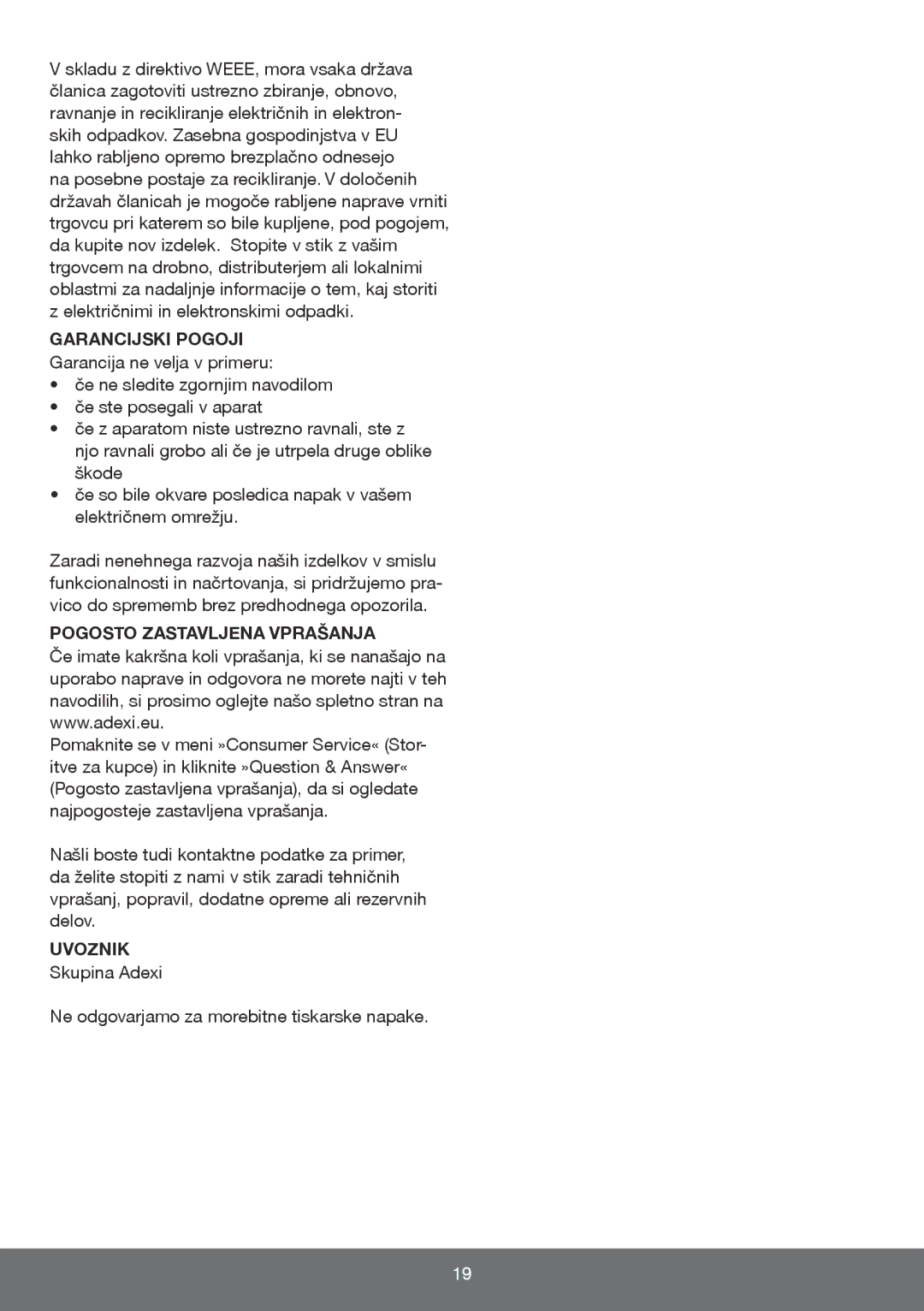643-197 specifications
Melissa 643-197 is an advanced synthetic organism developed for various applications in biotechnology and environmental science. This organism stands out due to its unique genetic makeup, which allows it to thrive in diverse environments while exhibiting exceptional functional properties.One of the main features of Melissa 643-197 is its engineered photosynthetic capabilities. By harnessing sunlight more efficiently than natural plants, this organism can convert solar energy into usable forms of biomass, making it a potential candidate for sustainable biofuel production. Its photosynthetic efficiency is supported by the integration of genes from various high-performing algae, which enable it to maximize light absorption and carbon fixation even in suboptimal conditions.
Another characteristic that makes Melissa 643-197 remarkable is its resilience against environmental stressors. The organism has been genetically modified to withstand extreme temperatures, drought, and high salinity levels. This resilience is critical for its potential applications in bioremediation, where it can be deployed in polluted or challenging environments to help restore ecological balance. With the ability to absorb heavy metals and degrade toxic compounds, Melissa 643-197 could play a vital role in cleaning up contaminated sites while simultaneously producing valuable biomass.
The technology behind Melissa 643-197 involves CRISPR-Cas9 gene editing, which allows scientists to precisely modify the organism’s genome. This technology ensures that the desired traits are effectively introduced and optimized for performance. Additionally, the organism has been designed with self-regulating metabolic pathways, which enable it to adjust its growth and energy expenditure based on environmental conditions, thus enhancing its viability and efficiency.
Furthermore, Melissa 643-197 is equipped with synthetic biology techniques that enable it to communicate with other microbial communities. This feature can facilitate cooperative interactions in ecosystems, leading to enhanced nutrient cycling and improved soil health. By integrating into existing microbial networks, this synthetic organism can bolster the overall resilience of the ecosystems in which it is introduced.
In summary, Melissa 643-197 represents a pioneering advancement in synthetic biology, combining high-efficiency photosynthesis, environmental resilience, and advanced genetic technologies. Its potential applications in renewable energy, bioremediation, and ecosystem management signify a promising step towards a sustainable future. As research continues, Melissa 643-197 may pave the way for innovative solutions to pressing global challenges.
